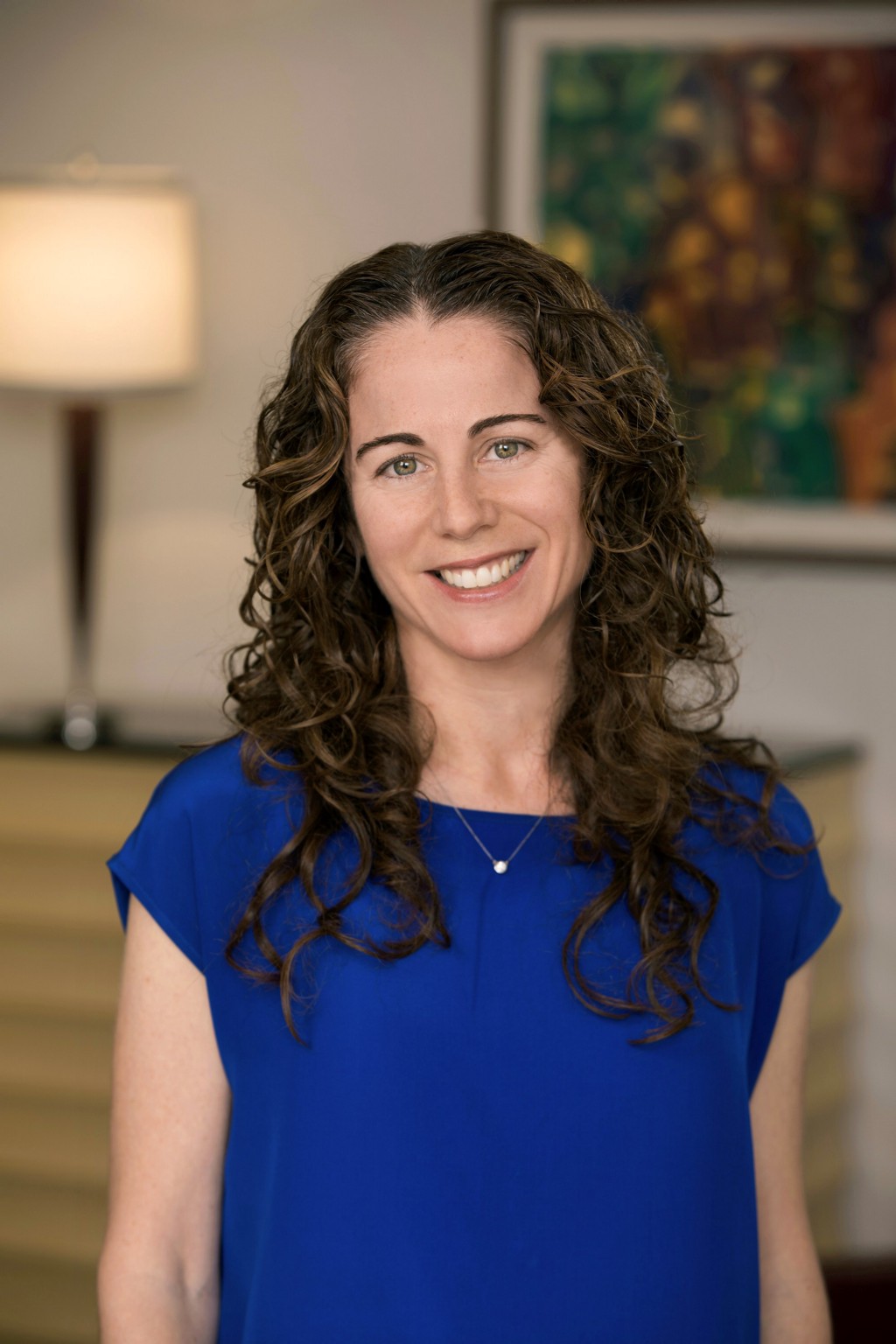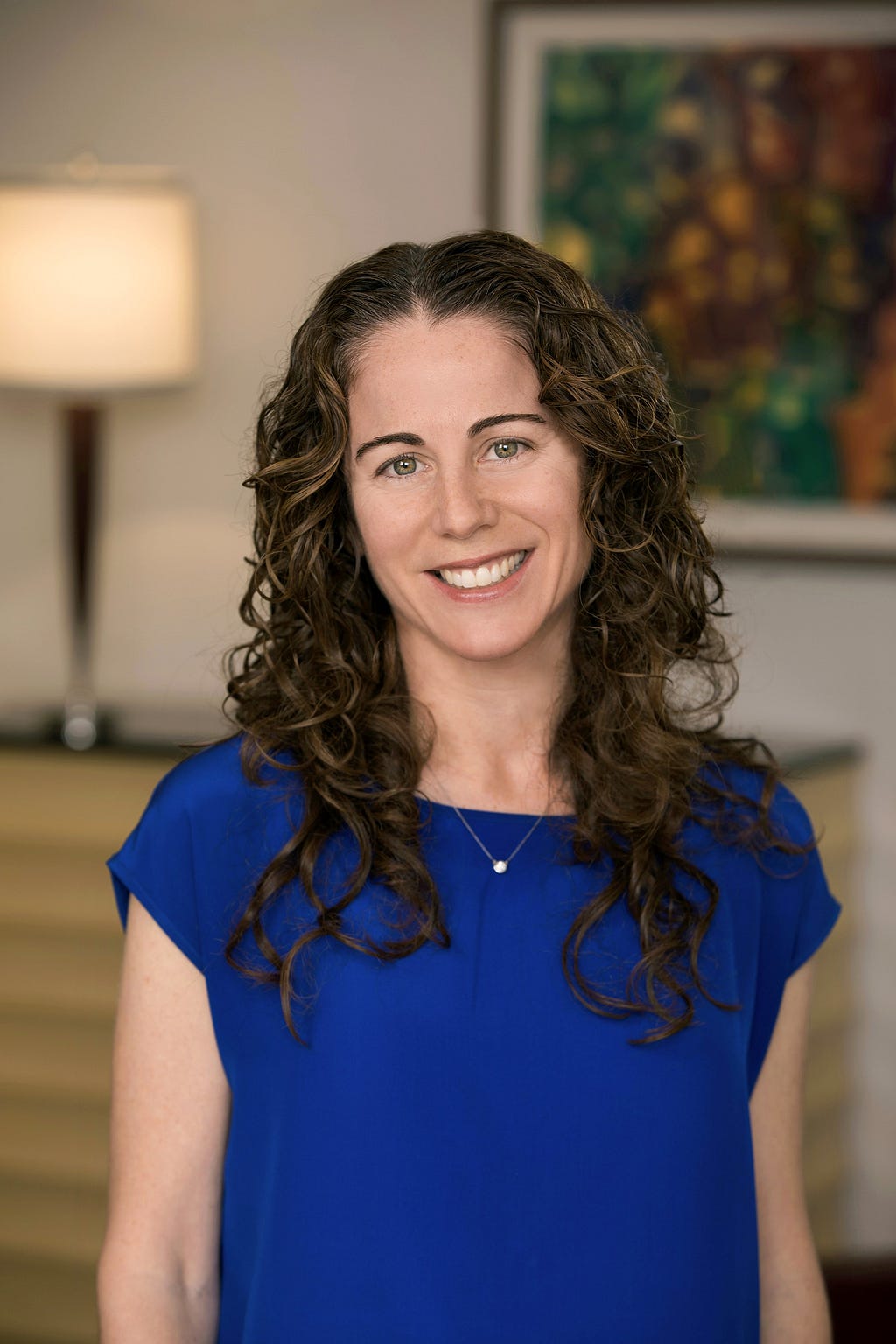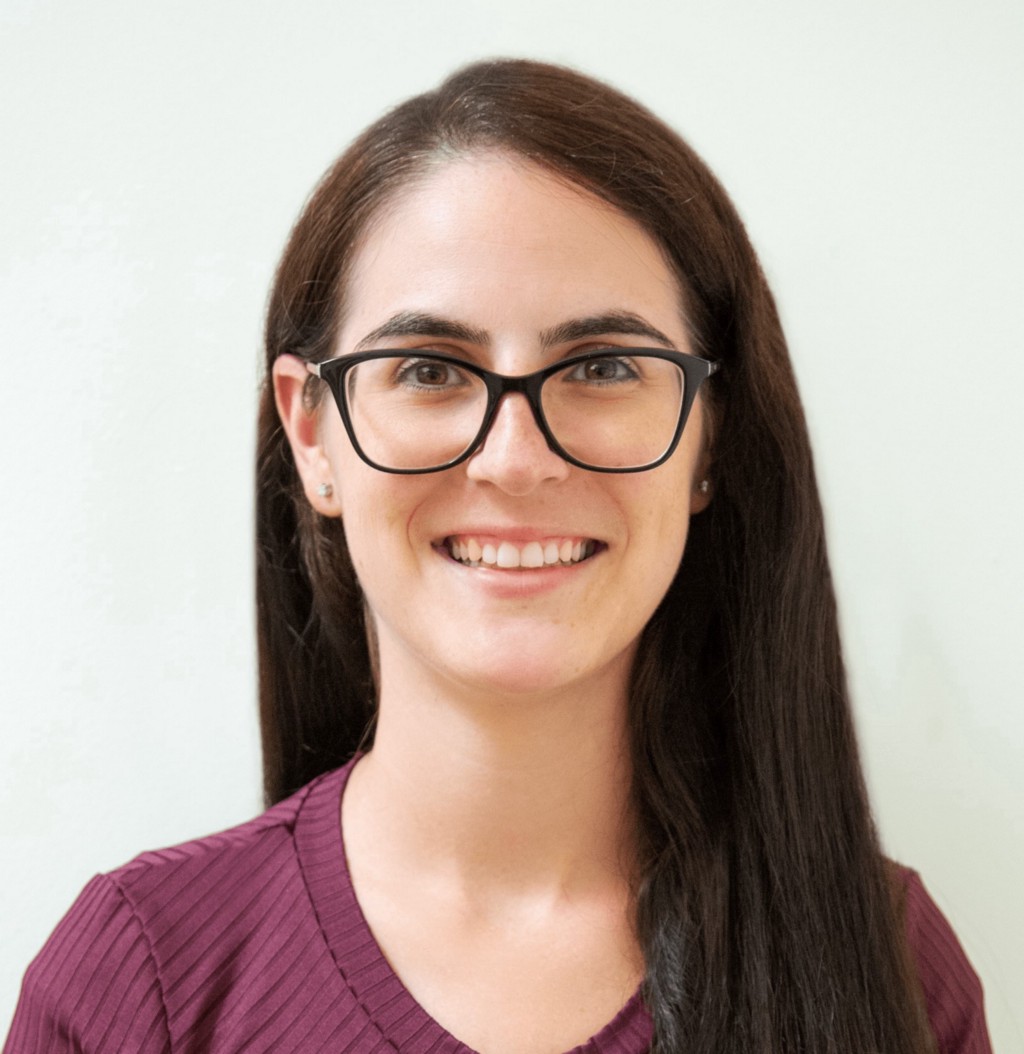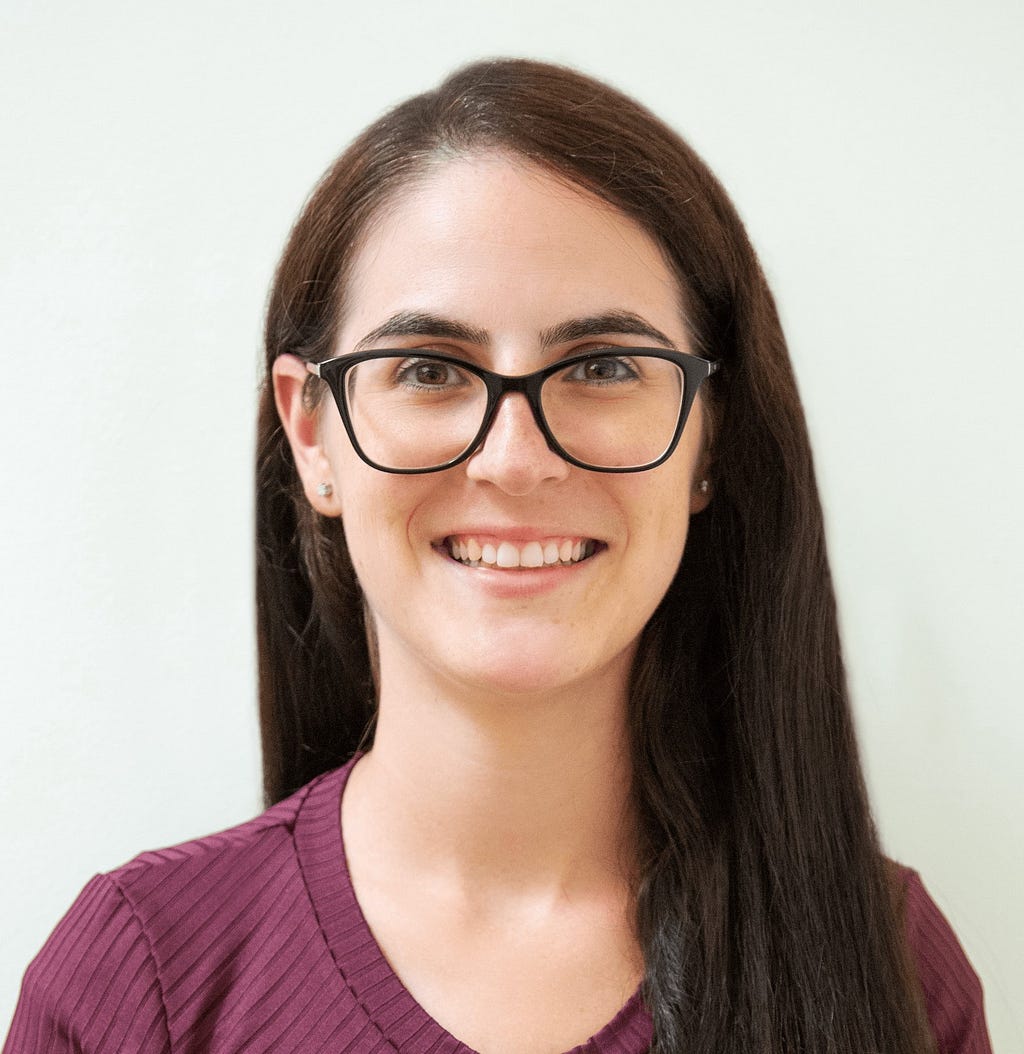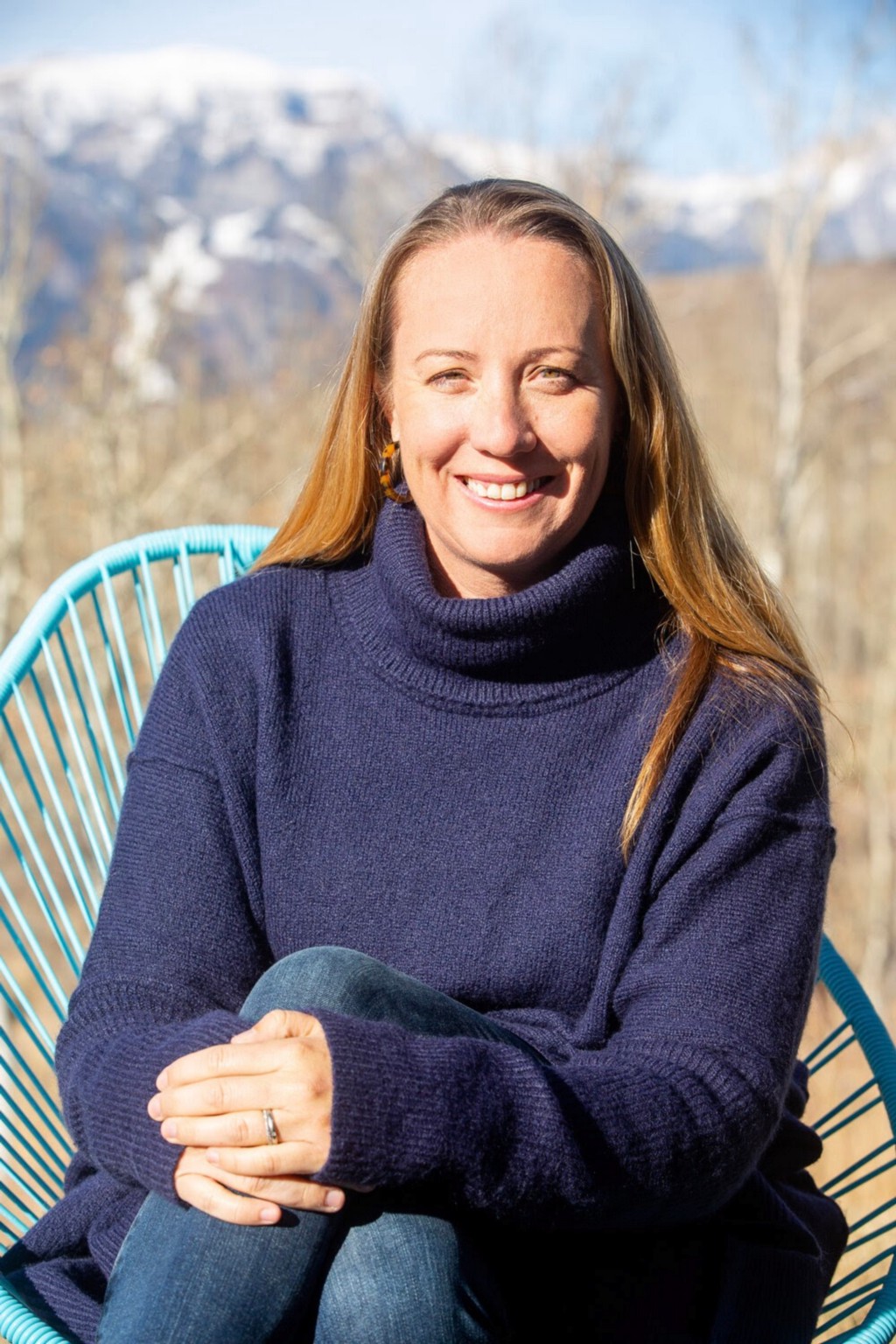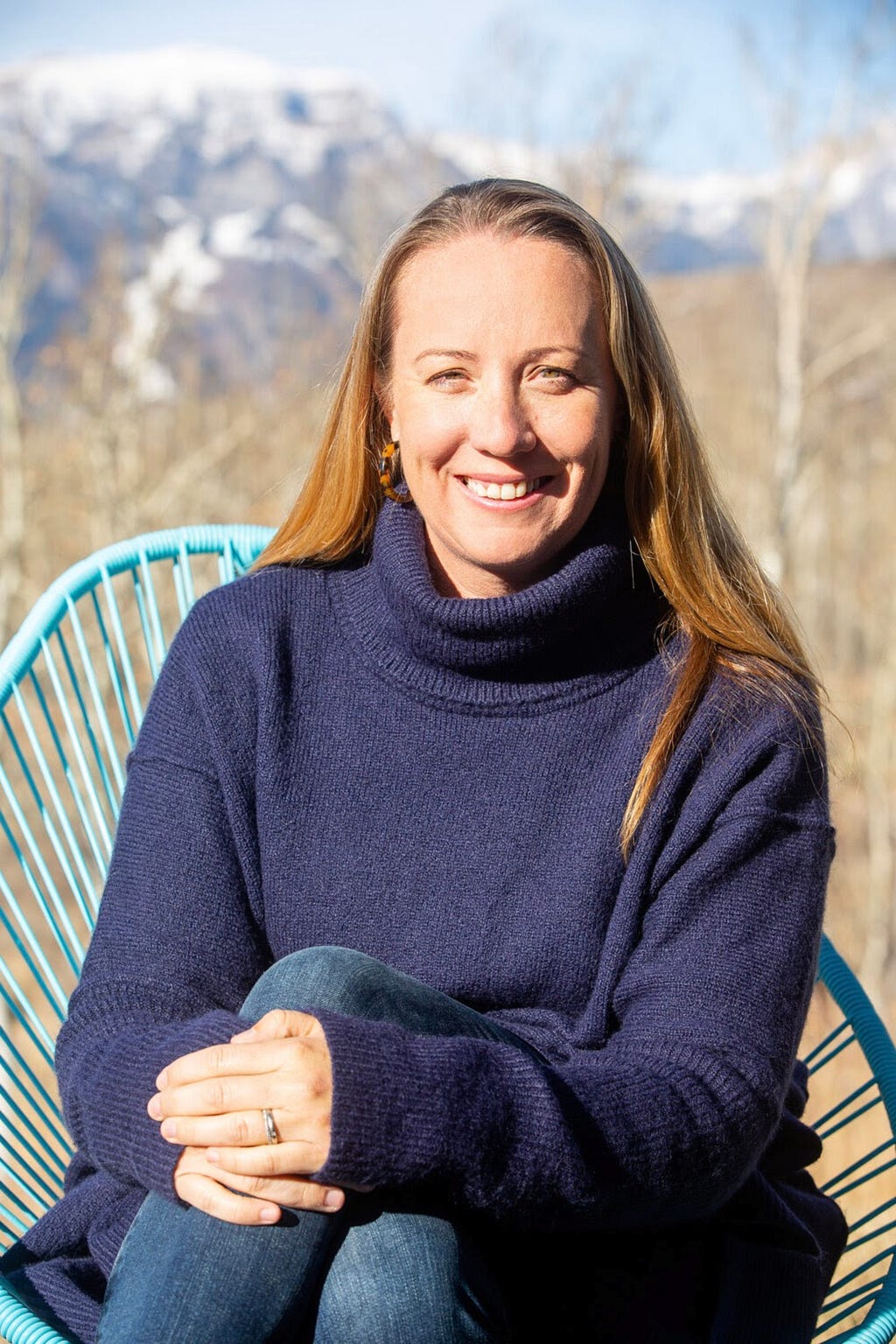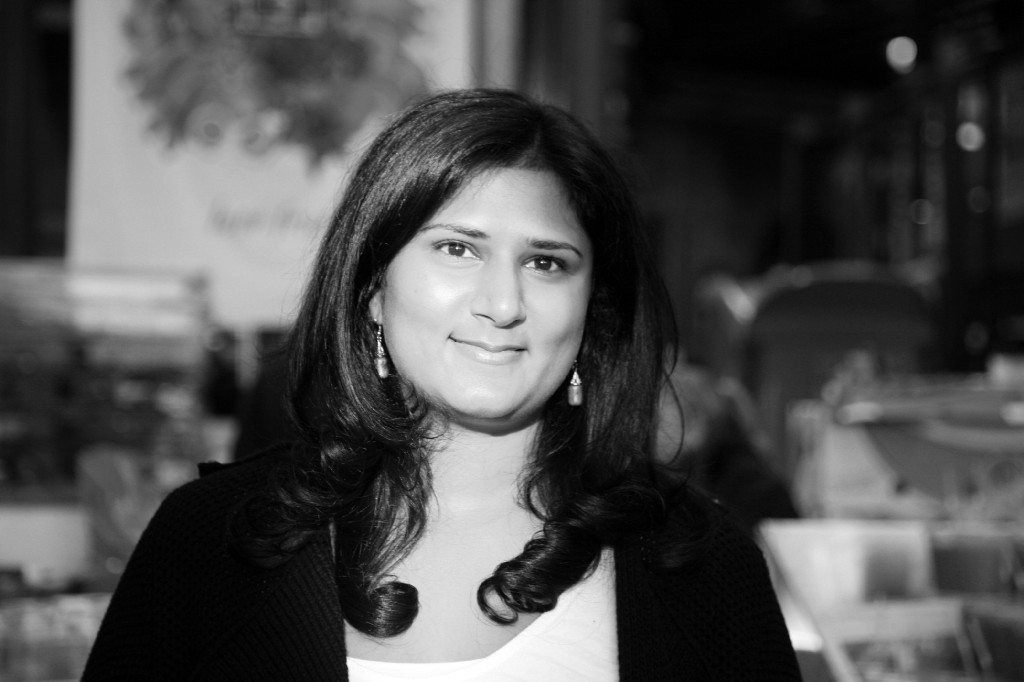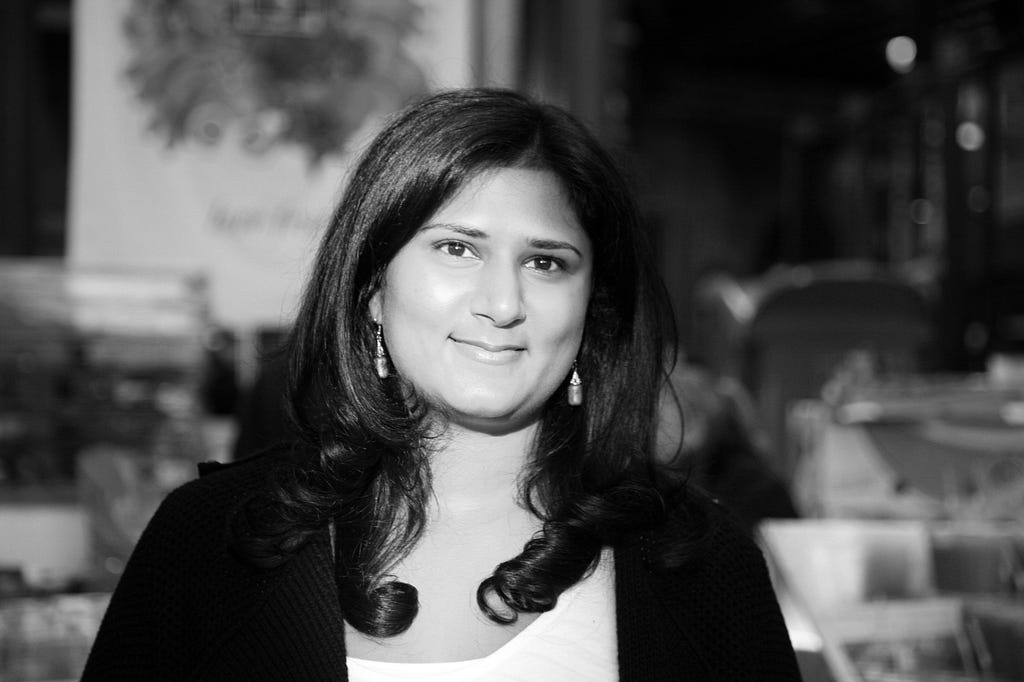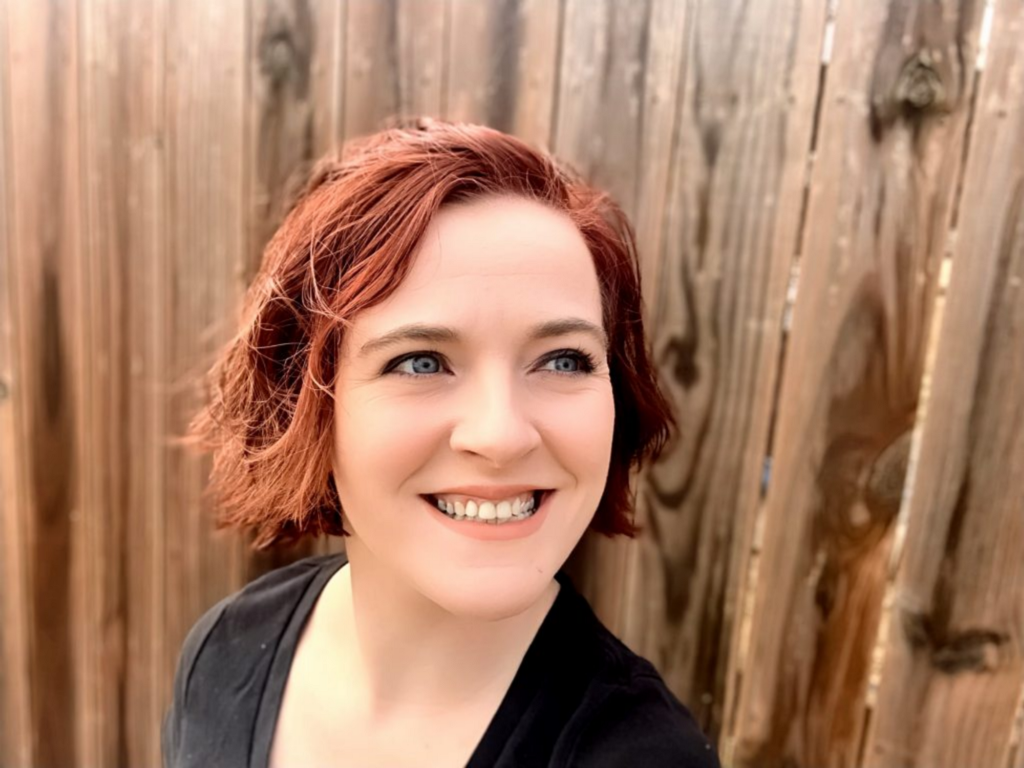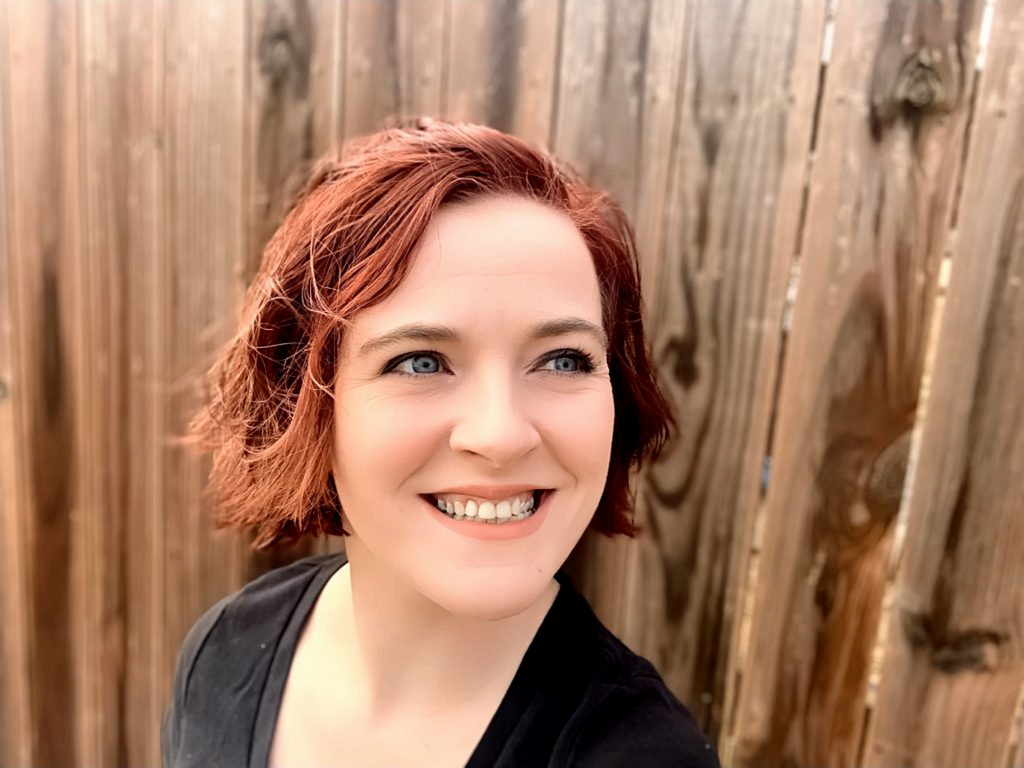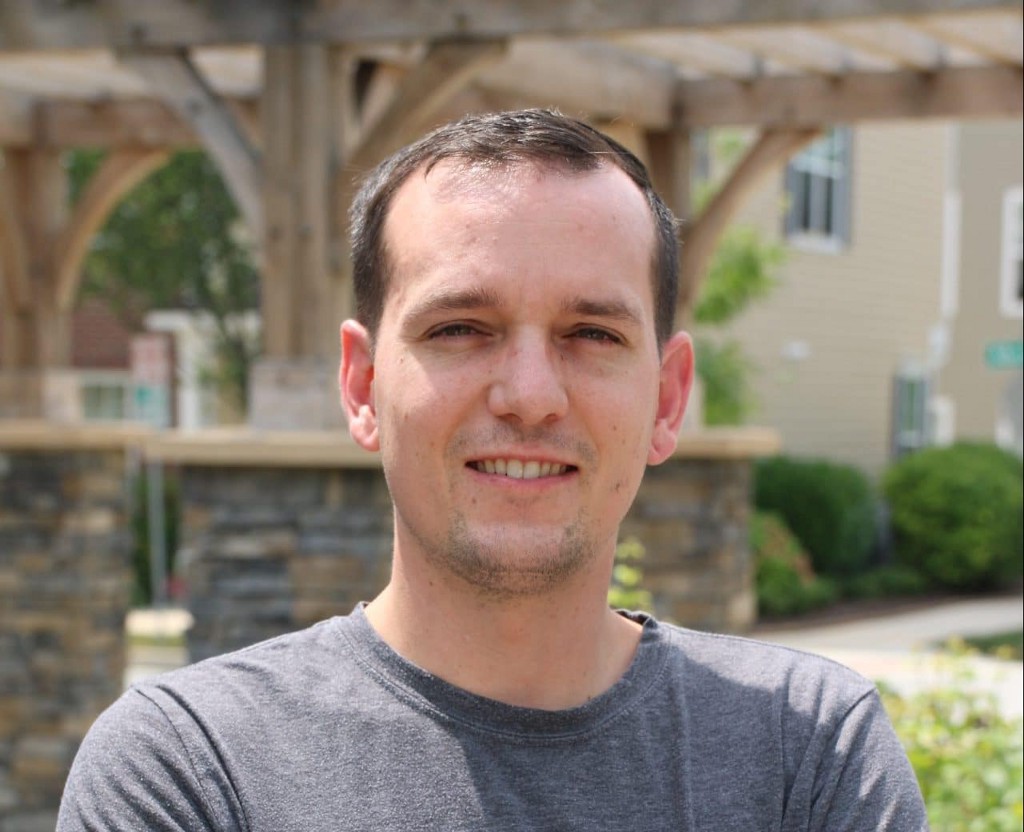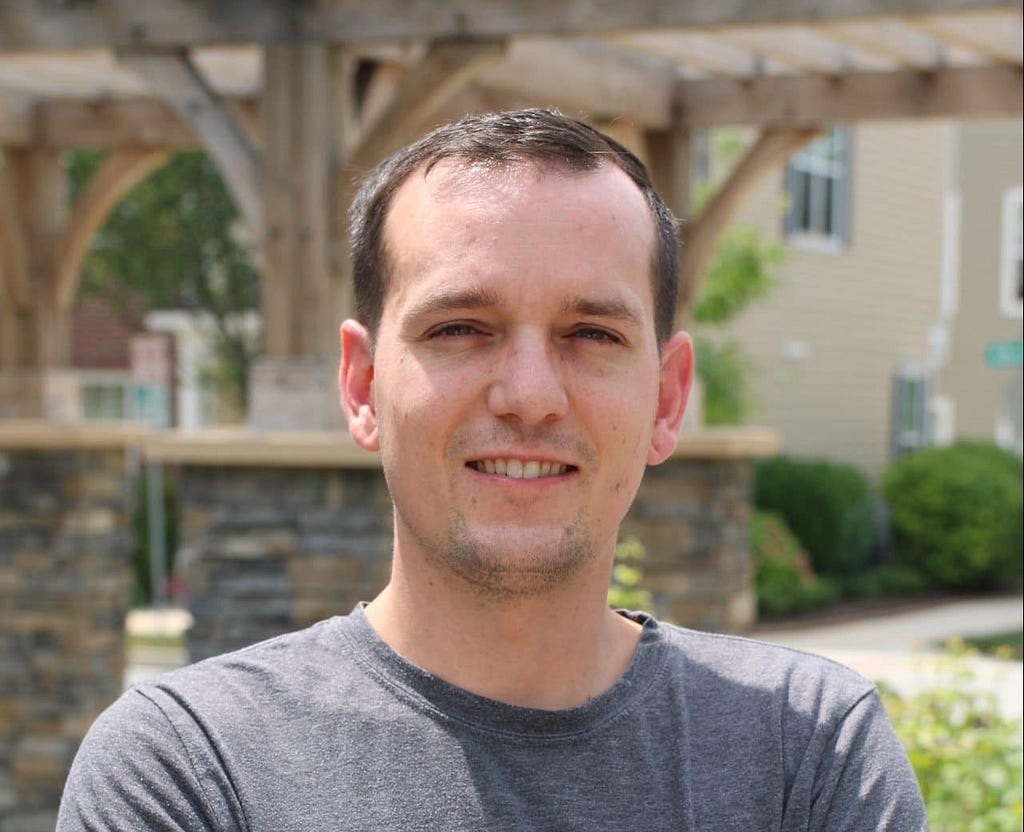Alex Montagu of TranquilLawyer.com: Five Things We Can Do To Develop Serenity And Support Each Other During These Anxious Times
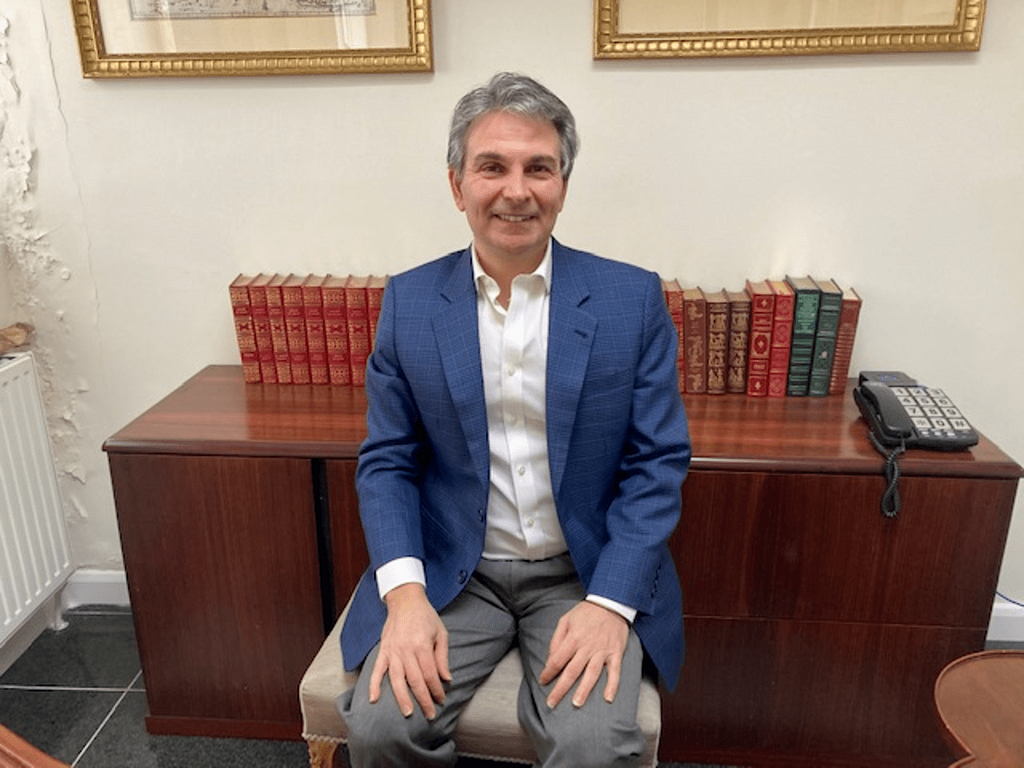
Develop empathy. Try to put yourself in their shoes. Close your eyes and picture yourself in the circumstances that are causing the other person anxiety. See how it feels. Developing empathy will facilitate a helpful response.
As a part of my series about the the things we can do to develop serenity and support each other during anxious times, I had the pleasure of interviewing Alex Montagu.
Alex Montagu is a certified Meditation & Mindfulness Teacher, accredited by the IMMA (International Mindfulness and Meditation Alliance) and CPD from the School of Positive Transformation, as well as the founding partner of New York-based Montagu Law. He created TranquilLawyer.com as a platform with which to guide fellow lawyers and all other professionals in high-stress fields toward more fulfilling lives through meditation and mindfulness practices. His comprehensive studies and unique insight on various Eastern and esoteric philosophies and how they may be practically applied by those in Western cultures into their own lives has proven beneficial to many in the legal profession.
Thank you so much for doing this with us! Our readers would love to “get to know you” a bit better. Can you share with us the backstory about what brought you to your specific career path?
I went to Princeton University and received my undergraduate degree in 1987. I was always drawn to the legal profession so I studied at Harvard Law School, where I received my JD, and after that got a BA and MA in Law from the University of Cambridge. I started my legal career at Sullivan & Cromwell, LLP in 1991 but eventually decided to start my own firm in 1996 with a focus on intellectual property law, international commercial transactions, and new media commercial and corporate law. Along the way I realized that many in the legal profession, including myself, were burdened by enormous stress after which I decided to take this journey of self discovery through meditation and mindfulness.
Can you share the most interesting story that happened to you since you started your career?
As a young associate starting at a major New York City law firm, I worked with a partner who boasted how he needed little sleep and routinely worked late into the night. He liked to recount his habit of taking red-eye flights from New York to London, work on the flight, attend meetings in London and return the next day and work on the flight back. For him, jet lag was an opportunity to work. About a decade after I had left the firm, I ran into a colleague at a legal conference. We reminisced about our time at that firm, and she mentioned that the partner in question had died. But he wasn’t that old, I said. “I know, but apparently, he was very sick,” she responded.
Of the many challenges I’ve dealt with in my legal career, the most significant has been recognizing these wrong paradigms that modern society normalizes and extols. And that they are, in fact, the very causes of our individual stress and collective distress. I have chosen a different path, aided by practices of meditation and mindfulness outlined in TranquilLawyer.com, a non-commercial website that I started in the hope of helping others break free of the daily stressors endemic in our societal cycles.
What advice would you suggest to your colleagues in your industry to thrive and avoid burnout?
I would suggest they develop Awareness of their True Self through Mindfulness and Meditation practices. I realize, of course, that this is easier said than done. First, you really have to commit to it as a way of life, and most may find it initially difficult, to assume a stillness and filter out the everyday ‘noise’ of our daily agendas. But once you do, I am certain these practices can help anyone avoid burnout and find amazing ways to thrive.
Meditation and mindfulness have been tremendously helpful to me. Before I came to these practices, I had no awareness of my true self. I oscillated between two states of being. First was a general sense of unease — a restlessness and boredom associated with feelings of want, lack, and anxiety, which I had become so accustomed to I didn’t know were even there. The second was fear and despair, which came about when “things went wrong” — when my son became sick, the breakup of an intimate relationship, or challenges at work. After developing a consistent meditation practice, I began to live mindfully and started noticing a change; very slight initially, as time went on, I felt more at peace, happier, and more connected to the world. Where before I would wake up with either a sense of boredom or dread, now I do so with joy.
What advice would you give to other leaders about how to create a fantastic work culture?
For several decades, corporations (and law firms) have been motivated by associating success with the bottom line and having minimal regard for those in the trenches working hard to accomplish corporate financial goals. Fortunately, I believe we are turning a corner in recognizing how important it is to value the working person and that investing in their wellbeing can reap enormous long-term benefits to the company. So, establishing a work culture attuned to their employees’ health and wellbeing and providing programs that support them would be an excellent way to start.
Is there a particular book that made a significant impact on you? Can you share a story or explain why it resonated with you so much?
I found Eckhart Tolle’s “A New Earth” impactful in its compelling account of the dysfunction of the conditioned mind (which Tolle refers to as the “Ego”), outlining the various unconscious patterns that lead to individual and collective distress and offering succinct strategies to overcome Egoic dysfunction and lead a fulfilling life. In many ways, it was a vital resource on my own journey through my mindfulness practices.
Ok, thank you for all that. Now let’s move to the main focus of our interview. Many people have become anxious just from the dramatic jolts of the news cycle. The fears related to the coronavirus pandemic have only heightened a sense of uncertainty, fear, and loneliness. From your experience or research what are five steps that each of us can take to develop serenity during such uncertain times? Can you please share a story or example for each.
The sense of uncertainty, fear, and loneliness was certainly heightened by political turmoil and the pandemic. But these, as Eckhart Tolle has explained, are the defining emotions of the Ego. They have already become so prevalent in modern society that we take them for granted. We try to cover up these feelings by clinging to things outside of us: buying things we think will make us happy, seeking fulfillment in experiences such as travel, restaurants, movies, video games, or social media. Some become addicted to cigarettes, alcohol, and drugs. However, any momentary satisfaction will quickly fade and be replaced by even greater feelings of lack, want, fear, and loneliness. By restricting access to these illusory external forms of excitement, quarantine appeared to have exacerbated these negative feelings. Five steps you can take to develop serenity:
1.) Step toward Awareness. Science has shown that the sense of self that our minds create is not what it seems to be. It is a mental construct that begins early in childhood and gradually solidifies, a separate “me” constantly seeking to be fulfilled through external sources. The good news is that your True Self is always there waiting to be uncovered.
Imagine an overcast day that clears to reveal the blue sky. Our work is to see our true nature through the clouds of the egoic self.
2.) Disengage from being chained to the past or the future. The illusory self exists only in the past or the future; i.e., it is regretting some past event or worrying about the future. Mindfulness and meditation practices are designed to bring your attention to the present moment. Whether it’s awareness of the inner body, peaceful abiding meditation, observation of sounds and sights, these practices act as a portal to the True Self.
3.) Get Enough Sleep. There is no underestimating the regenerative values of sleep to mind and body. But if you’re like most adults in the developing world, you probably didn’t get the recommended eight hours last night. Most people pay more attention to their cars than their sleep! But routine lack of sleep (less than six hours a night) has substantial and irreversible adverse physiological and psychological effects, including a lowered immune system, doubling chances of cancer, and disruption of blood sugar levels that increase the risks of heart disease and stroke.
4.) Establish an Exercise routine. Fortunately, most people are already aware that improved mood and sleep quality are some of the numerous benefits of regular physical exercise. I particularly like yoga and Tai-chi because they combine physical exercise with mindfulness. While many in the West regard yoga as gymnastics, the traditional practice of yoga is mindful movement requiring attention to each posture.
5.) Each successive step aids in taking the next, after which the next one you may want to consider is trying to break unhealthy habits. Bad habits form out of not having a clear awareness of self. Awareness interrupts the auto-pilot of impulsive, addictive, or obsessive urges. Mindfulness can provide true freedom of choosing to let them go. Without awareness, these habits will continue and probably worsen over time. It is important to note that one or two sessions of meditation will not do the job. You can gain these benefits from consistent practice and honing your mindfulness.
From your experience or research what are five steps that each of us can take to effectively offer support to those around us who are feeling anxious? Can you explain?
Listen. When you speak with someone, especially those who are feeling anxious, try to listen deeply. Most of the time, instead of giving our full attention to the speaker, we may be thinking ahead to offer advice. Try to be fully present and really hear what they have to say. Listen to the tone and timbre of their voice. Often, being heard, truly heard, helps calm anxiety more than anything you can say.
Help if you can. Anxiety clouds the mind and doesn’t allow the person to see things clearly. Their mind narrows and focuses on the object of anxiety. They cannot imagine the world differently or realize that things change, and their difficulty will likely pass. After allowing them space to express themselves, see if you can help guide them to see reality. But do so very gently. Statements like “there’s no use worrying” are not helpful and can often be counterproductive.
If you can’t help, don’t cause harm. In our haste, we may often lapse into a judgmental stance that will only make someone feel worse. Telling someone what to do may also come across as being preachy.
Develop empathy. Try to put yourself in their shoes. Close your eyes and picture yourself in the circumstances that are causing the other person anxiety. See how it feels. Developing empathy will facilitate a helpful response.
Be present and speak mindfully. Don’t just say what immediately comes to mind or you think will help. It is better to be present and maintain what the Buddha called “noble silence” rather than speaking just to fill a void. Being fully present in silence can be very helpful. Let them know through your gestures (rather than words) that you are there for them. Look at them directly in the eyes, and if circumstances are right, hug them, or hold their hand with compassion.
What are the best resources you would suggest to a person who is feeling anxious?
Anxiety can manifest itself in various extreme ways. The internet has a wealth of resources that can address them specifically and provide short-term immediate relief for acute anxiety and some long-term solutions for chronic anxiety. However, simply feeling anxious is normal. We all feel anxious about something. The key is not to be enslaved by those feelings, not feed them any further, and find detachment. A consistent meditation and mindfulness practice can relieve anxiety. Other resources include a compassionate friend who listens, a guide, a meditation teacher as well as classes and meditation retreats.
Can you please give us your favorite “Life Lesson Quote”? Do you have a story about how that was relevant in your life?
Reinhold Niebuhr’s prayer: “God give me the serenity to accept what I cannot change, the courage to change what I can, and the wisdom to know the difference.” I’m a single dad of two very active boys whose twin passions are soccer and the video game Fortnite. I am also a lawyer running a firm that practices in intellectual property and commercial transactions. When the lockdown was enforced, I had to work from my apartment while my sons took their classes online via Zoom. On the work front, our clients’ budgets were frozen, payments were delayed, and new clients were holding off. Like many, I was overwhelmed by the confluence of these events. Then, I was informed one of my sons had not been handing in his homework and received poor grades. I asked myself, “How was I going to manage all this chaos?” The serenity prayer became immediately relevant to my situation. Through meditation and mindfulness, I tried to ascertain what I had control over and, therefore could alter, and accept what I could not change. Every morning, I put each of my boys in a separate room and took away their electronic devices. I also insisted that they read ten pages of a book and learn two new words a day. I wouldn’t give them back their cherished electronics until they followed these guidelines and improved their grades.
I don’t pretend for a moment that this routine was easy to accomplish or that I didn’t get frustrated by their resistance. But my boys closed the semester with relatively decent grades, and they each finished a book and learned about 50 new words. And, my law firm did not collapse. Living by this serenity prayer is a way to be at peace regardless of circumstances. Still, I need a consistent meditation and mindfulness practice to create and maintain such serenity. Otherwise, I default to the same habitual patterns — worry, regret, fretting, anger, frustration, and depression — causing paralysis and profound suffering.
You are a person of great influence. If you could start a movement that would bring the most amount of good to the most amount of people, what would that be? You never know what your idea can trigger. 🙂
Launching TranquilLawyer.com is a grassroots movement that can hopefully help people learn about developing awareness of intentions, motivations, emotions, and behaviors through a consistent meditation and mindfulness practice. I want to use this platform to spread this message and the ways to liberate oneself from the prison of the habitual mind’s futile pursuit of wholeness and fulfillment through desire and aversion. The more people share that message, the faster we can further the movement that will hopefully change lives one person at a time.
What is the best way our readers can follow you online?
Visit my website TranquilLawyer.com
Thank you for these fantastic insights. We wish you only continued success in your great work!
Alex Montagu: Five Things We Can Do To Develop Serenity And Support Each Other was originally published in Authority Magazine on Medium, where people are continuing the conversation by highlighting and responding to this story.





